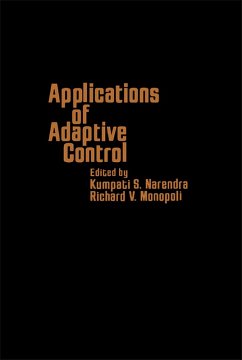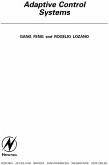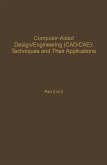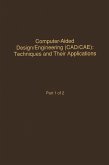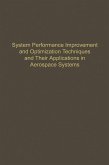Part I contains tutorials that bring together important result s in two of the most studied approaches to adaptive control, namely, self-tuning regulators and model reference adaptive control (MRAC), with a particular emphasis on the importance of error models in the stability analysis of MRAC. Part II examines the algorithms used for adaptive signal processing, while Part III describes the types of power systems problems that could benefit from application of adaptive control and how to apply adaptive control algorithms for controlling large electric generators. Part IV highlights adaptive control in aircraft systems. This part also considers how adaptive control fell into disfavor in the flight control community, illustrating the existence of residual negative bias. The desirability of cost elimination of air data sensors in less-sophisticated flight control systems is also discussed. Part V addresses the application of process control to chemical processes and to electromechanical systems. This part also shows the robustness and superior tracking and regulation properties of model reference adaptive control applied to liquid level control. Discussion on various classes of model reference adaptive controllers in a common framework from the viewpoint of microcomputer implementation is also included.
This book will be of value to control system theorists and practitioners.
Dieser Download kann aus rechtlichen Gründen nur mit Rechnungsadresse in A, B, BG, CY, CZ, D, DK, EW, E, FIN, F, GR, HR, H, IRL, I, LT, L, LR, M, NL, PL, P, R, S, SLO, SK ausgeliefert werden.

